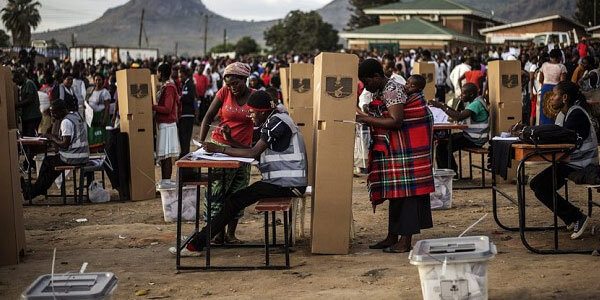
Malawi is a unitary state, meaning that power is centralized in the national government. However, there have been calls for Malawi to switch to a federal system of government.
What is federalism?
Federalism is a system of government in which power is divided between a central government and regional governments. The central government has certain powers, such as national defense and foreign policy, while the regional governments have other powers, such as education and healthcare.
Why are some Malawians calling for federalism?
There are a number of reasons why some Malawians are calling for federalism. These reasons include:
- Regional inequality: Some Malawians feel that the central government has not done enough to address regional inequality. For example, the Northern region has not produced a president since independence, and the region feels that it is not receiving its fair share of resources.
- Devolution of power: Some Malawians believe that federalism would lead to a more decentralized government, which would give more power to the regions. This could lead to better governance and more efficient use of resources.
- Increased local autonomy: Some Malawians believe that federalism would give the regions more autonomy, which would allow them to better address their own needs. This could lead to improved services and infrastructure.
Why are some Malawians opposed to federalism?
There are also a number of reasons why some Malawians are opposed to federalism. These reasons include:
- Cost: Federalism would be expensive to implement. It would require a significant restructuring of the government, as well as the development of new laws and regulations.
- Complexity: Federalism is a complex system of government. It could be difficult to implement and manage.
- Risk of conflict: Federalism could lead to conflict between the regions and the central government. This is because it would create two levels of government with overlapping powers, which could lead to disputes over jurisdiction and resources.
What is the way forward?
There is no easy answer to the question of whether or not Malawi should switch to a federal system of government. Ultimately, the decision of whether or not to switch to federalism is a complex one that must be made by the Malawian people.
However, there are a number of steps that could be taken to address the root causes of the current calls for federalism. These steps include:
- Regional rotation of presidents: This would help to address the concerns of those who see regionalism and tribalism in the presidency. It would also help to ensure that all regions have a fair chance to produce a president.
- Open and transparent distribution of resources: This would help to ensure that all regions are fairly represented. It would also help to build trust and confidence between the regions and the central government.
- Scraping of the 50%+1 electoral system: This would help to give young, upcoming, and aspiring politicians a chance to be elected. It would also help to prevent the situation where a president is elected with only a minority of the vote.
- Ensuring that infrastructural developments are evenly distributed: This would help to address the concerns of those who feel that their region is being neglected. It would also help to build a sense of unity and shared purpose among all Malawians.
These steps would not necessarily lead to the adoption of federalism, but they could help to address the concerns that are driving the calls for federalism.
In conclusion, I believe that I have illustrated that for Malawi, the decision of whether or not to switch to federalism is a complex one that must be made by the Malawian people. There are a number of factors to consider, including the potential benefits and drawbacks of federalism.













